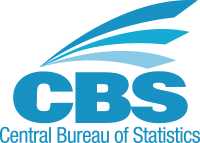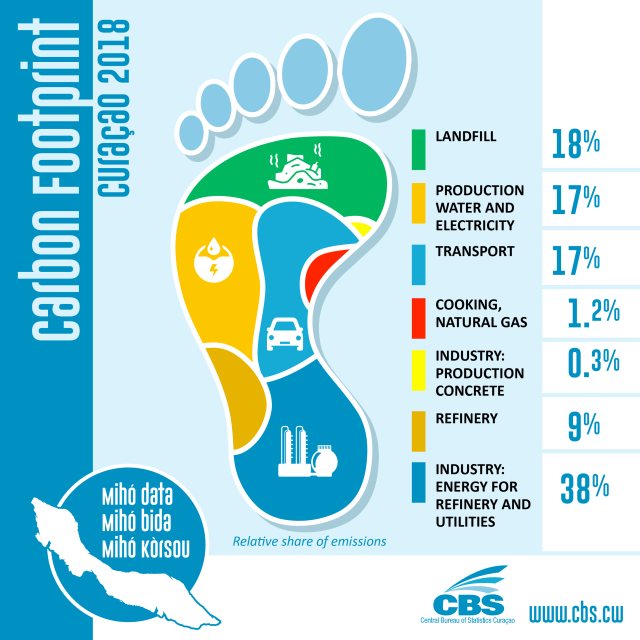Environment
The demand for environment statistics is increasing in tandem with the ongoing environmental challenges faced by modern societies, such as population pressure, energy issues, sustainable development and climate change. The environment is ever more present in public policies and development plans. With its many islands and Small Island Developing States (SIDS), the Caribbean is no exception, and neither is Curaçao.
Environment statistics give us information about the state of as well as changes in environmental conditions, the quality and availability of environmental resources, the impact of human activities and natural events on the environment, the impact of changing environmental conditions, as well as the societal actions and economic measures taken by societies to avoid or mitigate these impacts and restore and maintain the environment’s capacity to provide the services that are essential for life and human wellbeing. Environment statistics thus cover a wide range of information. Their sources are spread out over a variety of organizations and data producers, and numerous methods are applied for their compilation. To effectively produce environment statistics, specific statistical and environmental expertise, knowledge, institutional development and adequate resources are necessary. Similar to many other countries, Curaçao is limited in its organizational, technical and financial capacity and is challenged by a lack of cooperation and by data-gaps. Therefore, the development of environment statistics require a proper framework, which is why the FDES and especially the Core Set were chosen as useful tools to be used by the CBS to set up and enhance these statistics.

